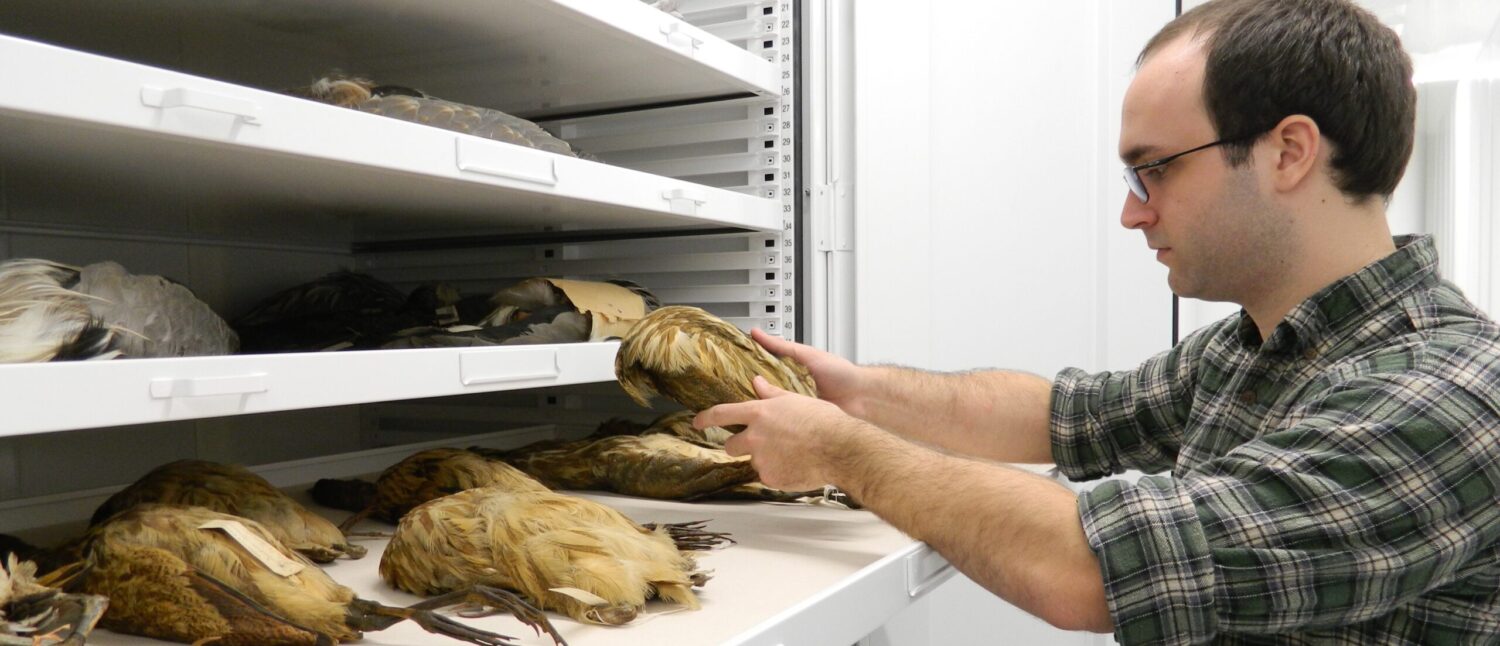NSC Alliance Board Meeting to be Held in June
The next meeting of the NSC Alliance Board of Directors will be held on Wednesday, 19 June 2013 from 10 a.m. to noon (Mountain Time) in Rapid City, South Dakota at the 2013 annual meeting of the Society for the Preservation of Natural History Collections (SPNHC). Â The board meeting is the day before the NSC […]

